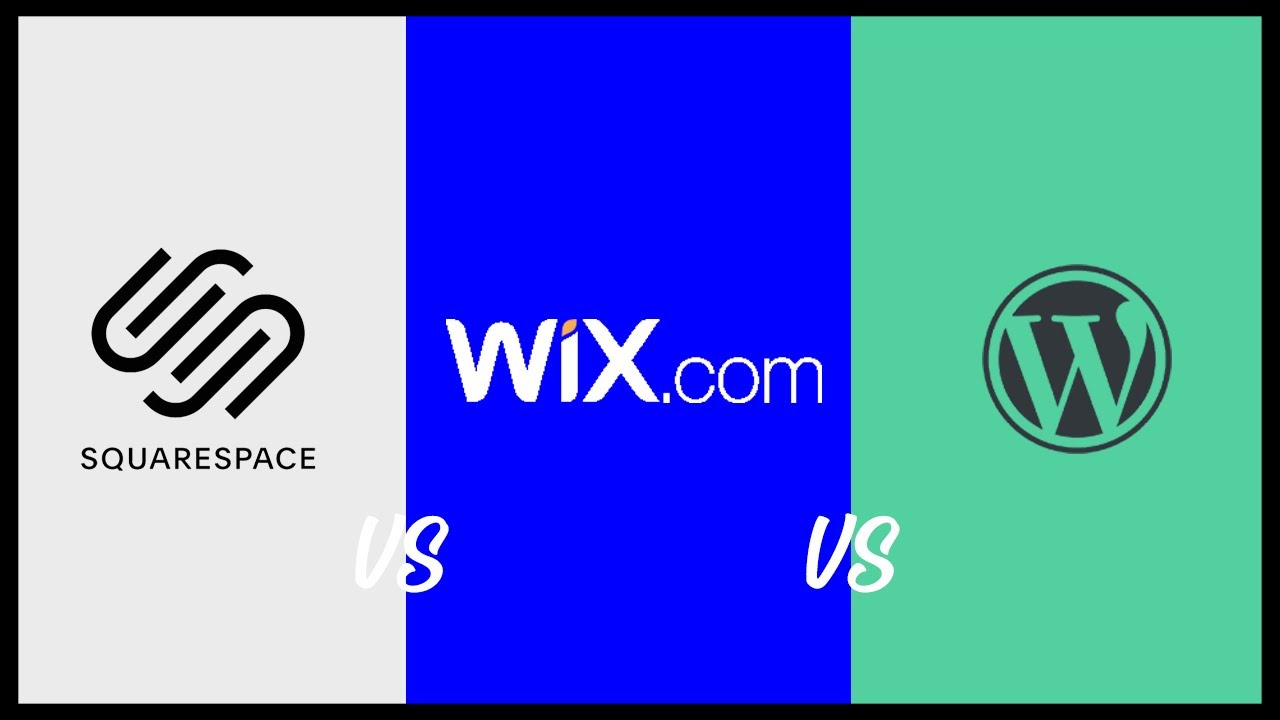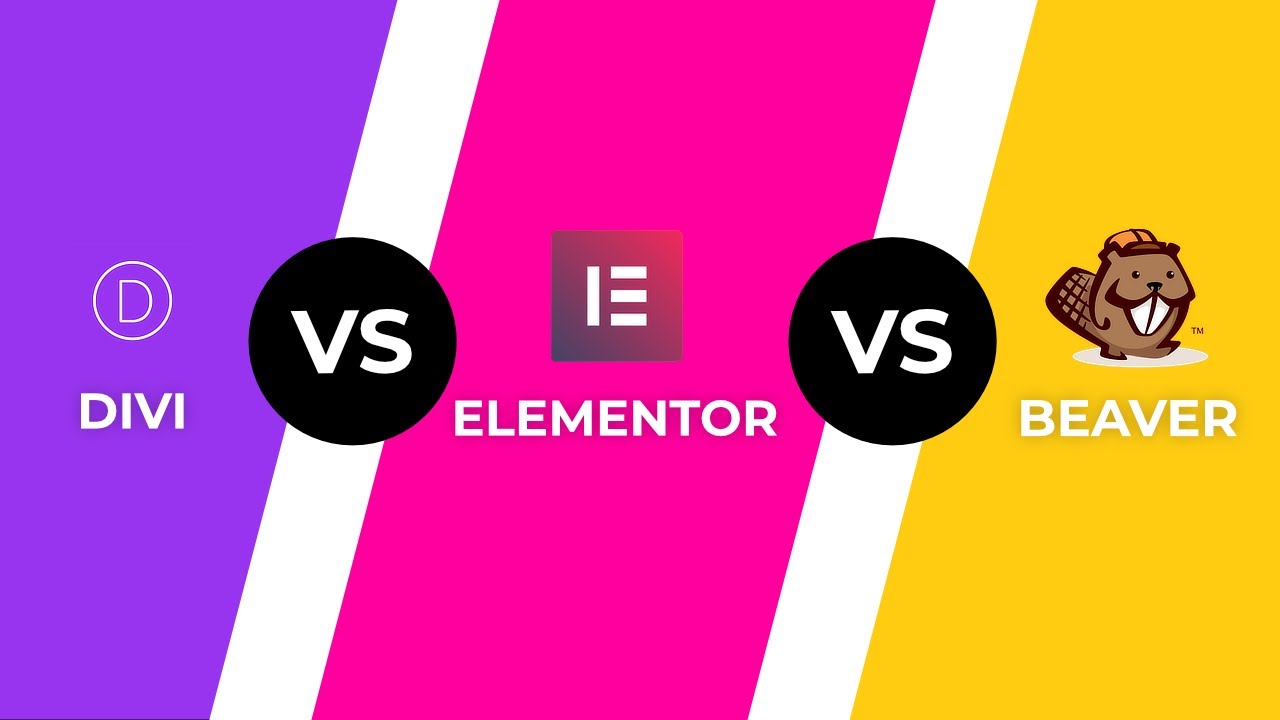Finding reliable hosting can make or break your WordPress website, and that’s why choosing the right provider is one of the most important decisions you’ll make.
In this guide, we’ll take a close look at the best WordPress hosting providers comparison to see how top companies stack up in terms of speed, security, features, and overall value. With so many options on the market, it’s easy to feel overwhelmed, but breaking them down side by side makes the process simpler.
From budget-friendly shared hosting to premium managed hosting, each provider has unique strengths and weaknesses. By the end of this guide, you’ll have a clear roadmap to choose the right hosting service for your website’s needs.
1. HarmonWeb – The Best Overall WordPress Hosting Provider
Overview
HarmonWeb has emerged as one of the most balanced WordPress hosting providers in recent years, combining affordability, speed, and excellent uptime. Unlike many larger companies that rely on aggressive upselling, HarmonWeb focuses on delivering straightforward, value-packed hosting plans. It’s suitable for everyone from first-time bloggers to small businesses and growing e-commerce stores.
Key Features
- Optimized servers designed for WordPress performance.
- Free SSL certificates and daily backups.
- One-click WordPress installation.
- Scalable plans covering shared, VPS, and cloud hosting.
- Malware protection and firewalls for enhanced security.
Pricing & Plans
HarmonWeb’s plans are structured to give beginners affordable entry points while still providing the power advanced users need. There are no hidden fees, and renewal prices remain transparent.
👉 Tip: If you’re considering HarmonWeb, you can explore their entry-level shared hosting plan first and easily scale up later if your site grows.
Pros
- Affordable pricing compared to premium brands.
- Transparent billing with no aggressive upsells.
- Fast servers with excellent uptime.
- Beginner-friendly dashboard and quick setup.
Cons
- Limited data center locations compared to global giants.
- Not as widely recognized as Bluehost or SiteGround (yet).
Verdict
If you want a hosting provider that balances cost, speed, and reliability without surprises, HarmonWeb is a standout option.
2. Bluehost
Overview
Bluehost is one of the oldest and most recognized names in WordPress hosting. It’s officially recommended by WordPress.org and has built a reputation for being beginner-friendly. It’s a good choice for first-time website owners, though experienced users may find its upselling frustrating.
Key Features
- Free domain for the first year.
- One-click WordPress installation.
- 24/7 customer support.
- Free SSL certificates.
Pricing & Plans
Bluehost offers very low introductory pricing, which makes it attractive to new site owners. However, renewal costs are significantly higher, so it’s important to plan for long-term expenses.
👉 Tip: If you’re new to WordPress and want a smooth setup process, Bluehost is a safe choice. Just remember to budget for renewals.
Pros
- Beginner-friendly with easy onboarding.
- Strong reputation and WordPress.org recommendation.
- Wide variety of hosting plans.
Cons
- Renewal rates are high.
- Lots of upselling on add-ons.
- Performance can lag under heavy traffic.
Verdict
Bluehost is best suited for beginners who value ease of use over advanced customization.
3. SiteGround
Overview
SiteGround is a well-regarded hosting provider known for excellent customer support and performance. It runs on Google Cloud infrastructure, making it a solid option for businesses seeking stability and reliability.
Key Features
- Free CDN and SSL certificates.
- Daily automated backups.
- Optimized caching technology.
- Excellent WordPress integration.
Pricing & Plans
SiteGround is priced slightly higher than entry-level providers, but its stability and support justify the cost for many businesses. Renewal prices are a consideration, though.
👉 Tip: If customer support and reliability matter more to you than cost, SiteGround is a worthwhile investment.
Pros
- Very fast and stable hosting environment.
- Strong customer support.
- Developer-friendly with staging tools.
Cons
- Renewal costs can be steep.
- Storage is limited on lower plans.
Verdict
SiteGround is excellent for small-to-medium businesses that value top-notch support and speed.
4. Hostinger
Overview
Hostinger has gained popularity for its ultra-budget hosting plans, making it an attractive choice for personal blogs and small sites. Despite its low prices, it offers surprisingly decent performance.
Key Features
- LiteSpeed servers for faster page loading.
- hPanel for user-friendly management.
- Free SSL certificates.
- Affordable entry plans.
Pricing & Plans
Hostinger is one of the cheapest hosting providers in the market. Its starter plans are incredibly affordable, though advanced users may find the features limited.
👉 Tip: Hostinger is ideal if you’re launching a personal site or blog and want to minimize initial expenses.
Pros
- Extremely low prices.
- Decent uptime for the cost.
- Good performance for small websites.
Cons
- Limited advanced features.
- Support on entry-level plans can feel basic.
Verdict
Hostinger is best for budget-conscious users who want to get started quickly without spending much.
5. A2 Hosting
Overview
A2 Hosting is well known for its performance-focused approach, offering “Turbo Boost” servers that promise faster load times. It’s a developer-friendly option but can be overwhelming for beginners.
Key Features
- Turbo servers with enhanced speed.
- Free site migration.
- Strong security features.
- Multiple hosting options (shared, VPS, dedicated).
Pricing & Plans
A2 Hosting offers mid-range pricing, though renewal rates are higher. The performance-focused plans are great for those prioritizing speed.
👉 Tip: If speed is your main concern, A2 Hosting is worth considering for its Turbo plans.
Pros
- Very fast servers.
- Flexible hosting types.
- Strong uptime.
Cons
- Support can be inconsistent.
- Renewal pricing is higher.
Verdict
Best for speed enthusiasts and developers who want fine control over their hosting environment.
6. Kinsta
Overview
Kinsta is a premium managed WordPress hosting provider built on Google Cloud. It caters to professionals, agencies, and large businesses that need top-tier hosting.
Key Features
- Fully managed WordPress hosting.
- Enterprise-grade security.
- Built-in caching and CDN.
- Staging environments.
Pricing & Plans
Kinsta is expensive compared to most providers, but the performance and support justify the price for large-scale or mission-critical websites.
👉 Tip: If your business depends on high uptime and you have the budget, Kinsta is a solid investment.
Pros
- Exceptional speed and uptime.
- Premium-level customer support.
- Scalable infrastructure.
Cons
- Very high pricing.
- Not beginner-friendly.
Verdict
Kinsta is excellent for established businesses and agencies that prioritize performance over cost.
7. WP Engine
Overview
WP Engine is another premium provider specializing in managed WordPress hosting. It’s designed for agencies, enterprises, and advanced users.
Key Features
- Premium developer tools.
- Staging environments included.
- Advanced security features.
- Excellent uptime.
Pricing & Plans
WP Engine is on the expensive side, but it delivers premium performance and advanced features. It’s not meant for hobby sites or beginners.
👉 Tip: WP Engine is best if you’re an agency or developer managing multiple high-performance WordPress websites.
Pros
- Excellent reliability.
- Premium features for developers.
- Great for scaling large sites.
Cons
- Expensive compared to standard hosts.
- Overkill for beginners.
Verdict
Best for developers and agencies needing enterprise-grade hosting.
Comparison Table of the Best WordPress Hosting Providers
| Provider | Starting Price | Key Feature | Best For | Overall Rating |
|---|---|---|---|---|
| HarmonWeb | Affordable & transparent | Optimized WordPress hosting | All-round performance | ⭐⭐⭐⭐⭐ |
| Bluehost | Low intro, high renewal | Beginner-friendly tools | New site owners | ⭐⭐⭐⭐ |
| SiteGround | Mid-range | Strong support + Google Cloud | Business websites | ⭐⭐⭐⭐ |
| Hostinger | Budget | LiteSpeed servers | Beginners, small sites | ⭐⭐⭐⭐ |
| A2 Hosting | Mid-range | Turbo servers | Speed-focused users | ⭐⭐⭐ |
| Kinsta | Premium | Managed hosting | Enterprises, agencies | ⭐⭐⭐⭐ |
| WP Engine | Premium | Developer tools | Agencies, large sites | ⭐⭐⭐⭐ |
Factors to Consider When Choosing a WordPress Host
- Speed & Uptime – At least 99.9% uptime is crucial.
- Security – SSL, firewalls, backups, and malware scans are essential.
- Scalability – The ability to grow with your site.
- Support – 24/7 customer service can be a lifesaver.
- Pricing Transparency – Watch out for hidden renewal fees.
Final Verdict
After reviewing the best WordPress hosting providers comparison, it’s clear that HarmonWeb offers the most balanced hosting solution overall. Its combination of affordability, speed, and transparency makes it a top choice for both beginners and growing businesses.
That said, every provider on this list has its strengths:
- Bluehost is great for beginners.
- SiteGround shines with support.
- Hostinger is unbeatable for budget hosting.
- A2 Hosting is perfect for speed enthusiasts.
- Kinsta and WP Engine dominate the premium market.
👉 If you want the best balance of performance, pricing, and reliability, HarmonWeb is our top recommendation.
Frequently Asked Questions (FAQs)
1. What is the best WordPress hosting provider for beginners?
Bluehost and HarmonWeb are excellent for beginners due to their simple setup processes, affordable plans, and user-friendly dashboards.
2. Is free WordPress hosting a good option?
Free hosting often comes with serious limitations, such as ads, poor performance, and no support. Paid hosting providers like HarmonWeb or Hostinger offer much better value.
3. How much should I expect to spend on WordPress hosting?
Basic shared hosting can cost as little as $2–$5 per month, while premium managed hosting like Kinsta or WP Engine can range from $30–$100+ per month.
4. What’s the difference between shared hosting and managed WordPress hosting?
Shared hosting is budget-friendly but resources are shared among many users. Managed WordPress hosting is optimized, secure, and faster — but comes at a higher price.
5. Which WordPress host has the best customer support?
SiteGround and Kinsta are well known for their responsive and knowledgeable customer support teams. HarmonWeb also scores highly for reliable support.
6. Can I switch my WordPress host later?
Yes, most providers (including A2 Hosting and HarmonWeb) offer free or paid migration services, so you can move your site without much hassle.








